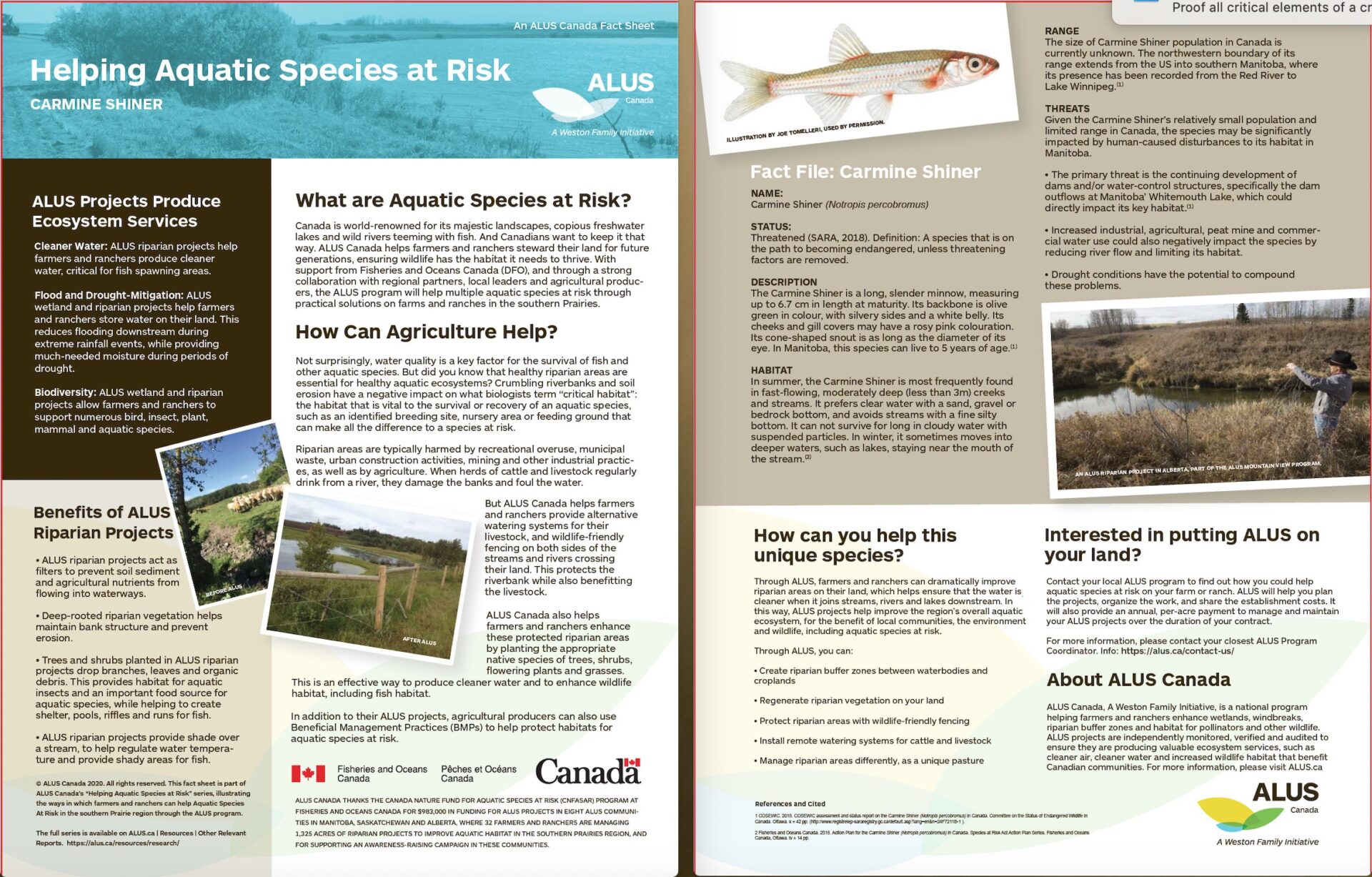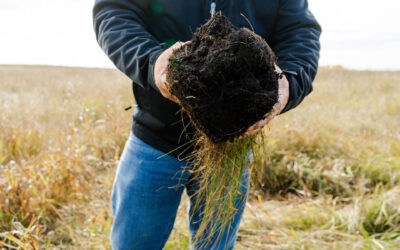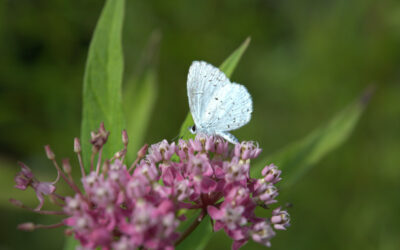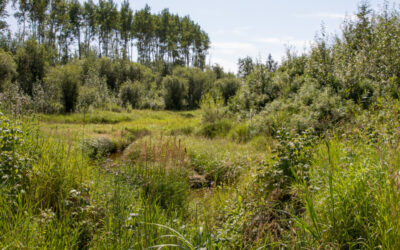PRESS RELEASE | REGINA, July 22 2020 | ALUS launches a fact sheets series showcasing how farmers and ranchers can help endangered fish species in the Prairies, thanks to new funding from DFO.

Snazzy new fact sheets showcase how farmers and ranchers can help endangered fish species in the Prairies, thanks to ALUS Canada and funding from DFO’s Canada Nature Fund for Aquatic Species at Risk.
Have you seen ALUS Canada’s new series of fact sheets on endangered fish species in the Prairies? Entitled “Helping Aquatic Species at Risk,” the series illustrates the ways in which farmers and ranchers can help endangered fish species in the southern Prairie region.
“I am excited to develop these new resources with support from the Canada Nature Fund for Aquatic Species at Risk. They are a great way to learn about our local at-risk fish populations, and how ALUS can help,” said ALUS Canada’s Prairie Hub Manager, Paige Englot, who is leading this project.
The new fact sheets highlight the habitat, biggest threats and best management practices for five species—Western Silvery Minnow, Lake Sturgeon, Plains Minnow, Carmine Shiner and Bigmouth Buffalo—and the actions ALUS participants can take to benefit these at-risk fish.
In 2019, Fisheries and Oceans Canada (DFO)’s Canada Nature Fund for Aquatic Species At Risk granted ALUS Canada $983,000 to improve aquatic habitat in the Prairies. (See the funding announcement here).
The bulk of this new DFO funding supports ALUS projects in ALUS Canada’s Prairie Hub communities:
- In Manitoba, the DFO funding is flowing to ALUS Canada’s partner the Assiniboine West Watershed District (formerly the Little Saskatchewan River Conservation District).
- In Saskatchewan, ALUS Canada is working closely with the Assiniboine Watershed Stewardship Association (ALUS ASAP), and the Wascana and Upper Qu’Appelle Watershed Association (ALUS WUQWATR), to improve habitat for aquatic species at risk as part of this grant.
- In Alberta, five of ALUS Canada’s municipal partners—Red Deer County, Mountain View County, Rocky View County, Vulcan County and Wheatland County—will participate in this project through their local ALUS programs.
In these eight ALUS communities, DFO is already helping to fund 499 acres of riparian projects to effectively improve aquatic habitat, which are managed by 16 participating farmers and ranchers. ALUS will continue to expand the project every year, from 2019 to 2023, with the support of DFO through CNFASAR, aiming for more than 1,325 acres managed by at least 32 ALUS participants.
These thousands of acres of ALUS projects will help ensure that water is cleaner when it leaves a participating farm or ranch, before it joins streams, rivers and lakes downstream. This simple action helps improve the region’s overall aquatic ecosystem, for the benefit of everyone in the wider community.
ALUS helps participants plan the projects, organize the work and share the establishment costs. ALUS also provides an annual, per-acre payment to manage and maintain ALUS projects over the duration of the contract.
“Farmers and ranchers can do a lot to help these species, just by protecting and enhancing riparian areas on their land, maintaining a healthy buffer zone between streams and cropland or limiting cattle access to sensitive aquatic habitat,” said Englot. “ALUS helps them do that.”
TO DOWNLOAD:
The fact sheets are currently being printed and will be distributed in the eight ALUS communities over the coming months, but the full series is available digitally now on ALUS.ca: Visit the Resources page, under “Other Relevant Reports.” Collect them all!
ABOUT CNFASAR
A Fisheries and Oceans Canada (DFO) program, the Canada Nature Fund for Aquatic Species at Risk (CNFASAR) is part of Canada’s Nature Initiative, launched in May 2018. The CNFASAR will provide $55 million over 5 years to support projects that help to recover aquatic species at risk as per two priority marine threats and seven freshwater priority places. Its objective is to slow the decline of aquatic species at risk and enable a leap forward in species recovery through the injection of targeted funding for recovery activities that address priority threats and places. For more information, visit this website.
ABOUT ALUS CANADA
ALUS Canada, A Weston Family Initiative, is a national program helping farmers and ranchers to produce cleaner air, cleaner water, more biodiversity and other ecosystem services in their communities. ALUS Canada has disbursed more than $10 M in funding to 27 ALUS communities in six provinces (PEI, Quebec, Ontario, Manitoba, Saskatchewan and Alberta), where more than 900 participants have enrolled more than 27,000 acres in the ALUS program—that’s 109 square kilometres! For more information on ALUS Canada, please visit ALUS.ca.
CONTACT:
Interested in putting ALUS on your land? Farmers and ranchers who wish to learn more about ALUS should contact their closest ALUS Program Coordinator. Contact info: https://alus.ca/contact-us/
For photos, interviews and media information: Bridget Wayland, Director of Communications, ALUS Canada, C: 514-770-3001 bwayland [at] alus.ca
STAY CONNECTED @ALUSCanada on Twitter Instagram Facebook YouTube ALUS.ca



